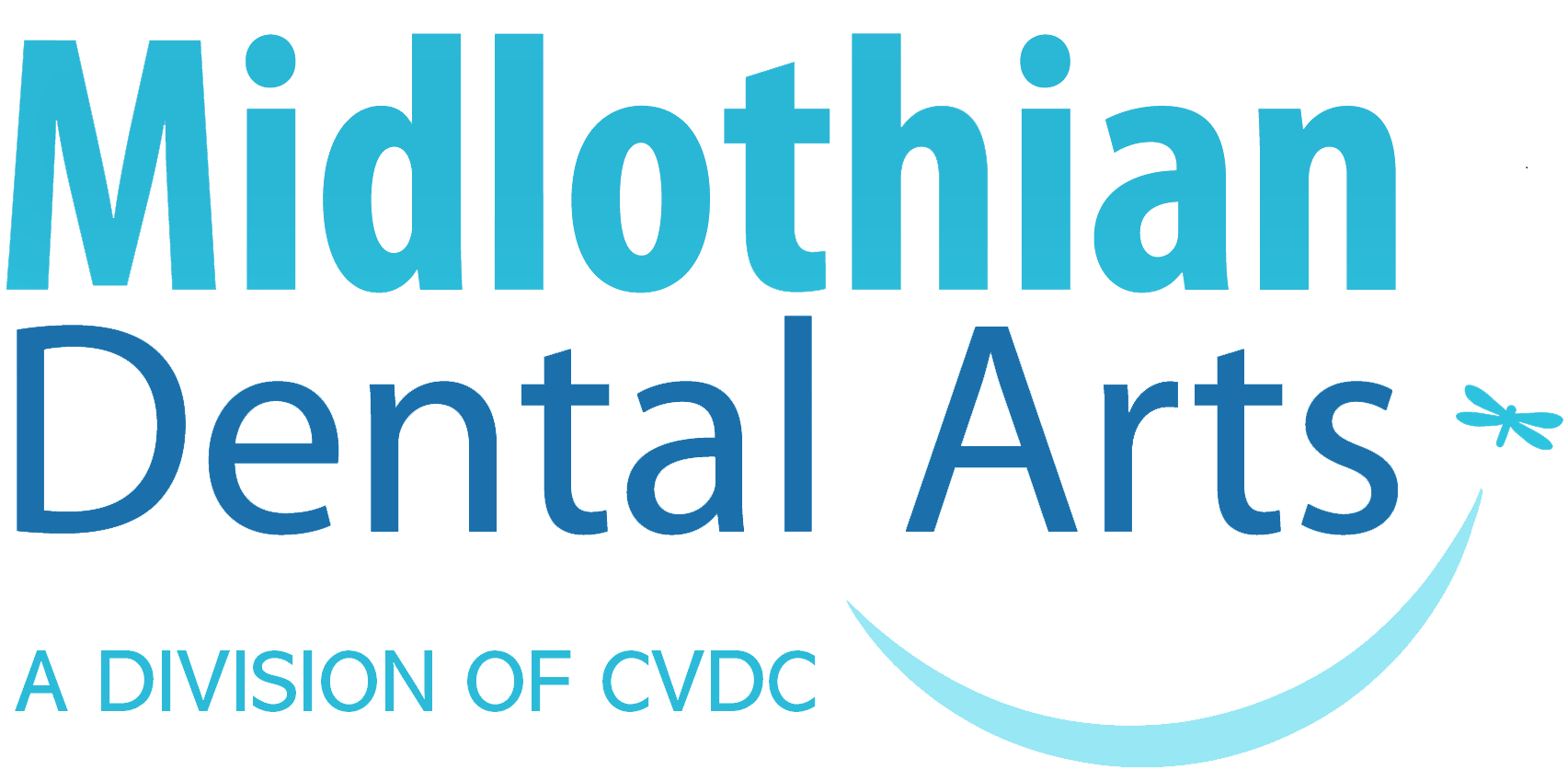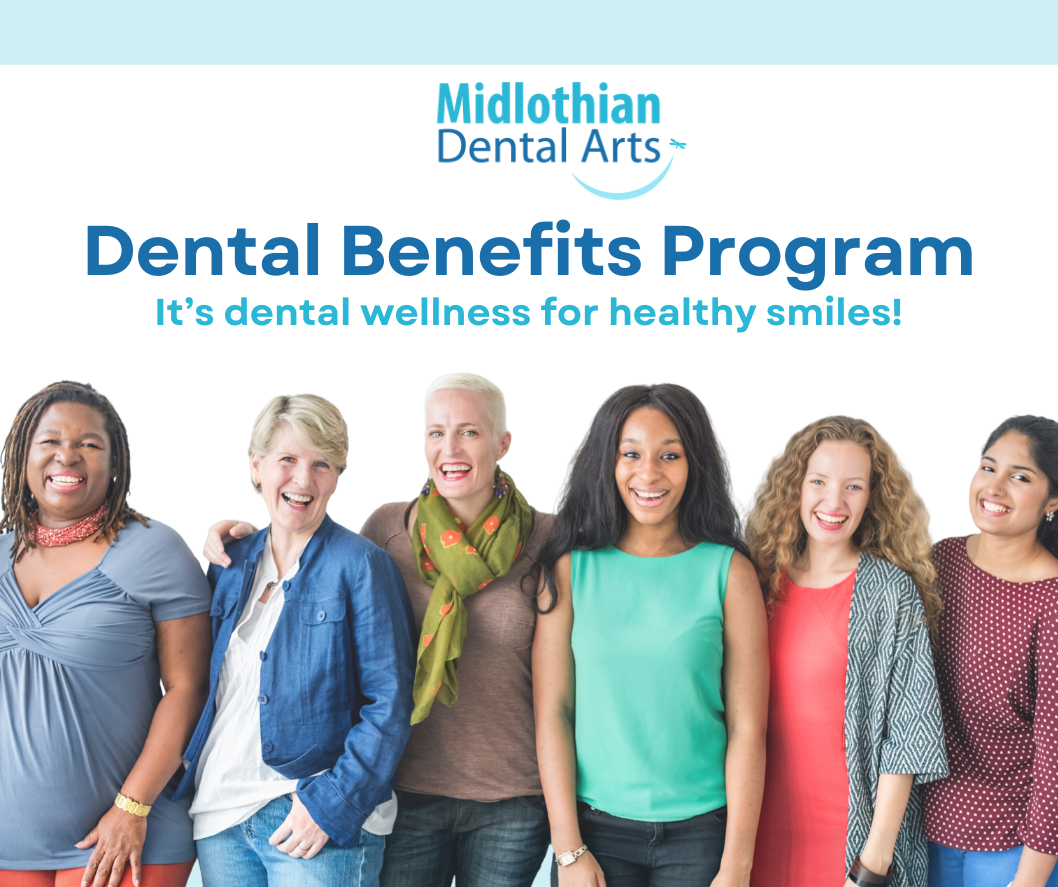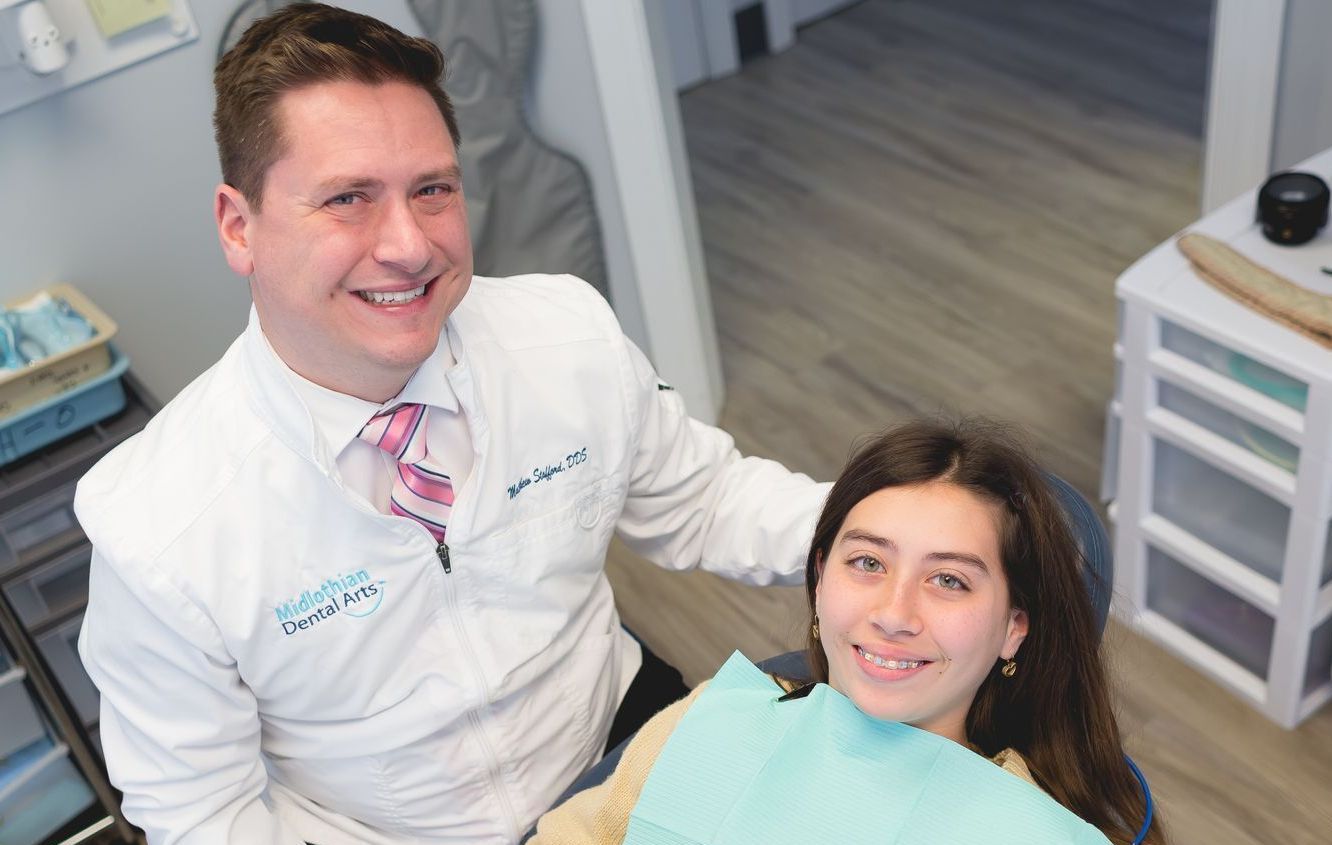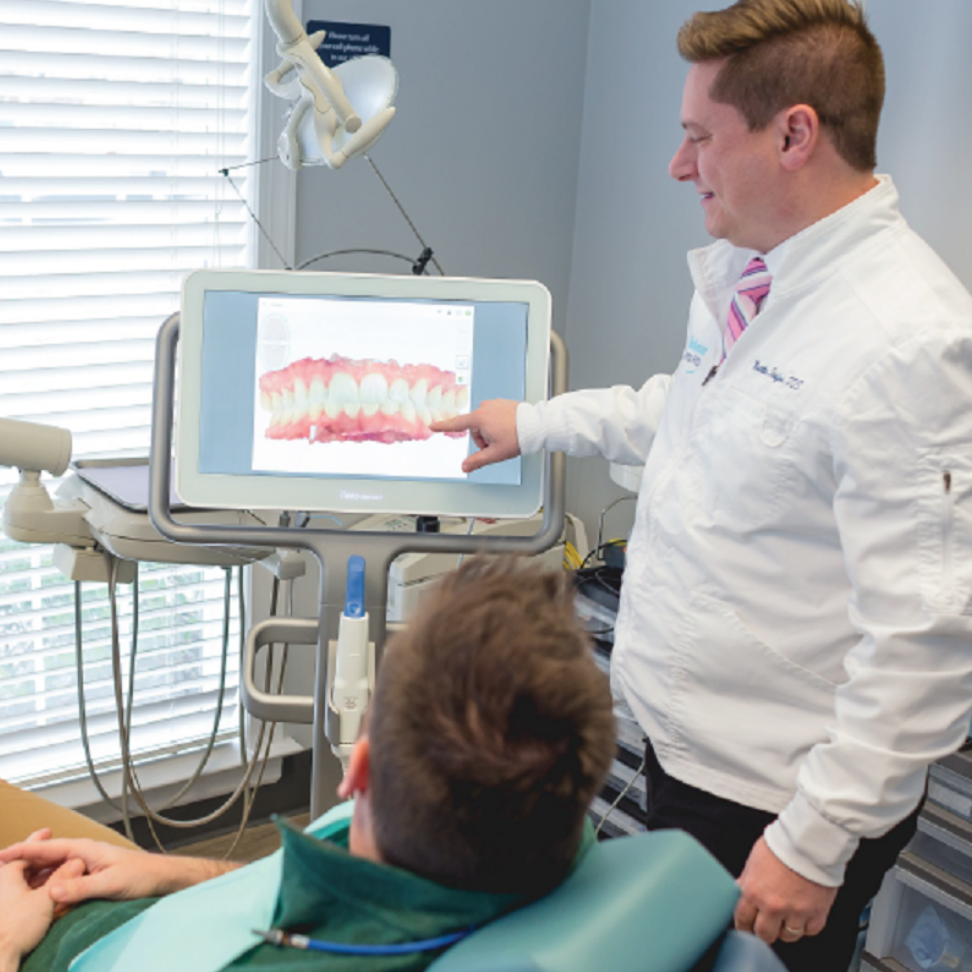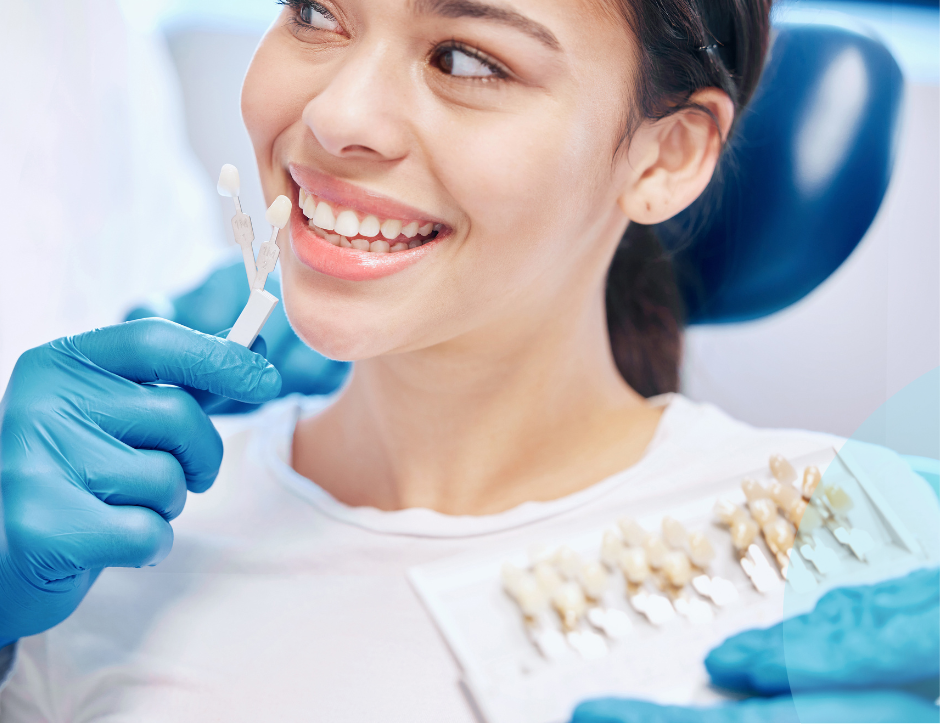
Maintaining a healthy smile is one of the best investments you can make in your overall well-being, and there’s no better time than now to establish strong dental habits. At Midlothian Dental Arts, we’re here to be your partner in achieving and maintaining optimal oral health. Here are some key habits to put in place this year to keep your teeth and gums healthy and vibrant: 1. Commit to Routine Dental Visits Regular checkups and cleanings are essential for catching potential issues early and preventing long-term problems. At Midlothian Dental Arts, we recommend scheduling visits every six months to keep your oral health on track. During these appointments, we’ll thoroughly clean your teeth, monitor your gum health, and address any concerns you may have. Think of us as your first line of defense against cavities and gum disease! 2. Master Daily Oral Hygiene Brushing and flossing might sound simple, but they’re your best tools for maintaining a healthy smile between visits. Brush your teeth twice a day for at least two minutes using fluoride toothpaste, and don’t forget to floss daily to remove plaque and food particles from between your teeth. Need tips on proper techniques? Our team is happy to demonstrate and recommend the best tools for your routine. 3. Protect Your Smile If you play sports or grind your teeth at night, protecting your teeth is crucial. Custom mouthguards from Midlothian Dental Arts provide the best fit and protection compared to over-the-counter options. They’re a simple yet effective way to prevent costly dental injuries. 4. Adopt a Tooth-Friendly Diet A balanced diet rich in fruits, vegetables, lean proteins, and whole grains promotes strong teeth and gums. Limit sugary snacks and acidic beverages, as they can contribute to tooth decay and enamel erosion. If you indulge, rinse your mouth with water and wait at least 30 minutes before brushing to avoid damaging softened enamel. 5. Rely on Your Dental Team Your dental health isn’t something you need to navigate alone. Our team at Midlothian Dental Arts is here to guide you, answer your questions, and provide personalized care. Whether you need preventive, restorative, or cosmetic dentistry, we’re here to help you achieve a smile you’ll love. This year, make your dental health a priority. By partnering with Midlothian Dental Arts and following these simple habits, you’re setting yourself up for a lifetime of healthy, confident smiles!

Mental Health Day, observed in October, raises awareness of the importance of mental well-being. It’s a time to focus on how mental health affects various aspects of life, including physical health. One area often overlooked is the connection between mental health and dental health, particularly in relation to teeth grinding, or bruxism, and other oral health issues. Mental Health and Teeth Grinding Teeth grinding is one of the clearest examples of how mental health can influence dental well-being. Bruxism is often linked to stress, anxiety, and other emotional issues. While it can also be caused by sleep disorders, misaligned teeth, or lifestyle factors, psychological stress is a major contributor. Many people grind their teeth without even realizing it, particularly at night, as an unconscious response to stress. During stressful periods, the body’s fight-or-flight response can manifest in physical ways, and for some people, that means clenching their jaw or grinding their teeth. This prolonged tension can wear down tooth enamel, cause headaches, and lead to jaw pain and temporomandibular joint (TMJ) disorders. Over time, the damage caused by untreated bruxism can result in cracked or broken teeth, which may require extensive dental work to repair. Anxiety, Depression, and Oral Health Mental health conditions like anxiety and depression can affect more than just teeth grinding. People experiencing these conditions often struggle with maintaining routines, and oral hygiene can sometimes fall by the wayside. Feelings of fatigue, sadness, or lack of motivation may cause someone to skip brushing and flossing regularly, which can lead to plaque buildup, gum disease, and cavities. Poor mental health can also reduce the likelihood of visiting the dentist for regular check-ups, further compounding oral health problems. Furthermore, depression is often associated with dry mouth, particularly if the individual is taking medications. A dry mouth lacks sufficient saliva, which plays a key role in neutralizing acids and washing away bacteria in the mouth. Without enough saliva, the risk of cavities, tooth decay, and bad breath increases. The Stress-Cortisol-Dental Connection When mental health is strained, the body produces cortisol, a stress hormone that can negatively affect the immune system. Elevated cortisol levels over time can weaken the body’s ability to fight off infections, including gum disease. Gum disease, or periodontal disease, starts as inflammation in the gums and can eventually lead to tooth loss if left untreated. Stress can also cause people to neglect their oral health routines, which exacerbates the risk of gum problems. In addition, stress can lead to habits like smoking, excessive alcohol consumption, or a poor diet, all of which contribute to worsening oral health. These lifestyle factors, often used as coping mechanisms for mental health struggles, can accelerate tooth decay and gum issues. Improving Mental and Dental Health Together World Mental Health Day is an opportunity to recognize how closely connected mental and physical health are. Managing stress, anxiety, and depression is essential not only for overall well-being but also for maintaining a healthy mouth. Here are a few ways to improve both mental and dental health: Practice stress-relief techniques: Meditation and deep-breathing exercises can help reduce tension, lowering the likelihood of teeth grinding and jaw clenching. Maintain a routine: Keeping up with daily oral hygiene habits, like brushing and flossing, is crucial even during difficult times. Visit your dentist regularly: Regular check-ups can catch dental issues early and offer relief from symptoms caused by stress-related teeth grinding or other problems. Seek professional support: Therapy or counseling can help address underlying mental health conditions, while dental professionals can help protect your oral health with solutions like night guards for bruxism. By addressing stress, anxiety, and other mental health conditions, we can prevent and manage oral health issues like teeth grinding, gum disease, and tooth decay. Taking care of both mental and dental health is essential for a healthy, balanced life. If you or a loved one has concerns about your oral health, Midlothian Dental Arts is always here to help. Feel free to call our office or schedule an appointment with Dr. Stafford at (804) 379-9177 or online here.
